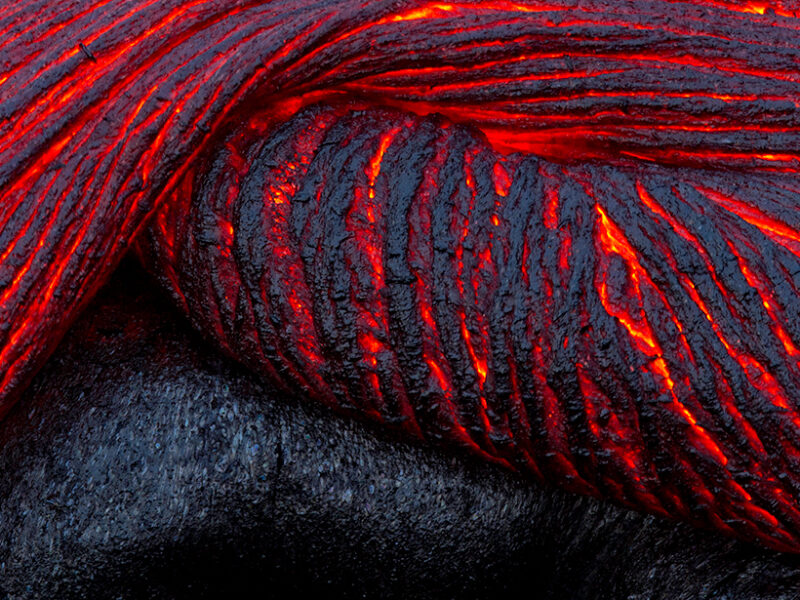 |
| Credit: iStock.com/Justin Reznick |
Magma is a fundamental constituent of the Earth. Issues as diverse as volcanic hazard assessment and planetary evolution studies rely on knowledge of magma’s properties, origin, evolution, and significance. Thus, the definition of “magma” should be simple and universally agreed upon, but the term means fundamentally different things to different people.
We want to start a conversation about a more precise definition of “magma.” We suggest this as a starting point:
Magma: naturally occurring, fully or partially molten rock material generated within a planetary body, consisting of melt with or without crystals and gas bubbles and containing a high enough proportion of melt to be capable of intrusion and extrusion.
(Thanks to GRC Member Marcelo Lippmann, Staff Scientist (retired) at Lawrence Berkeley National Laboratory for the submission.)